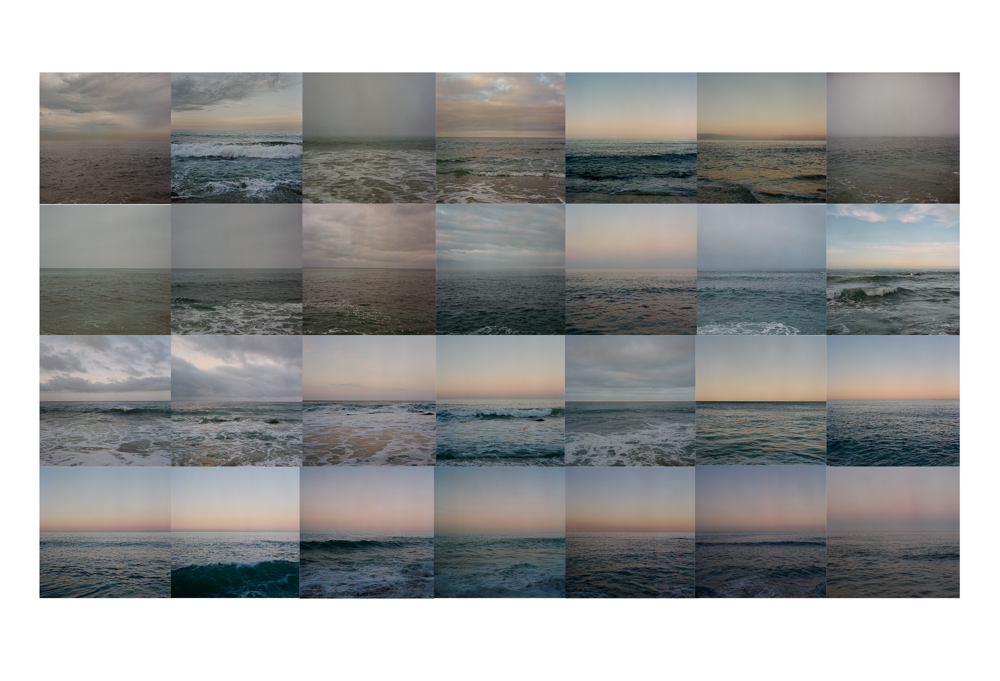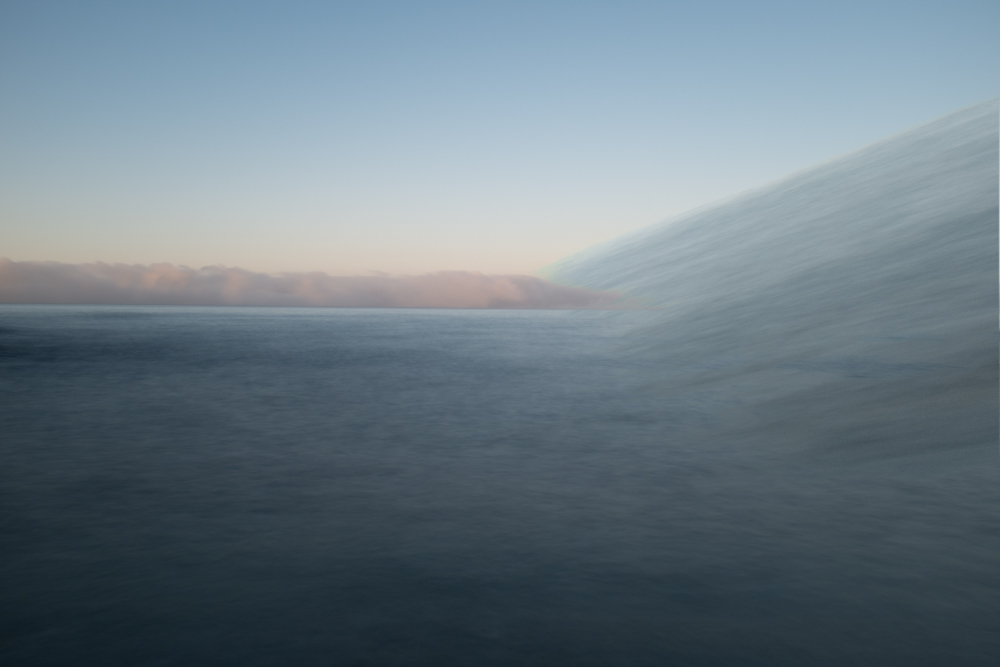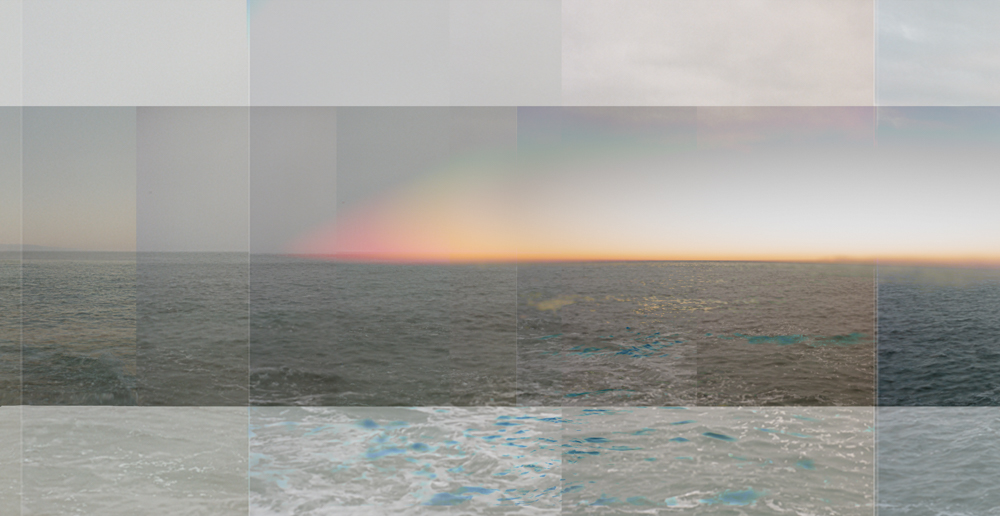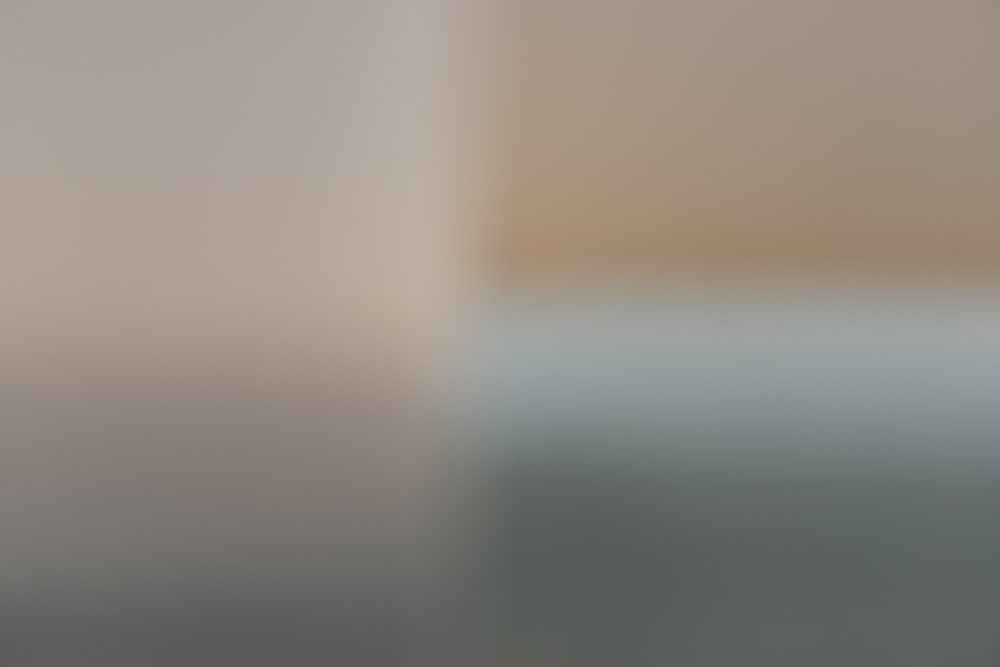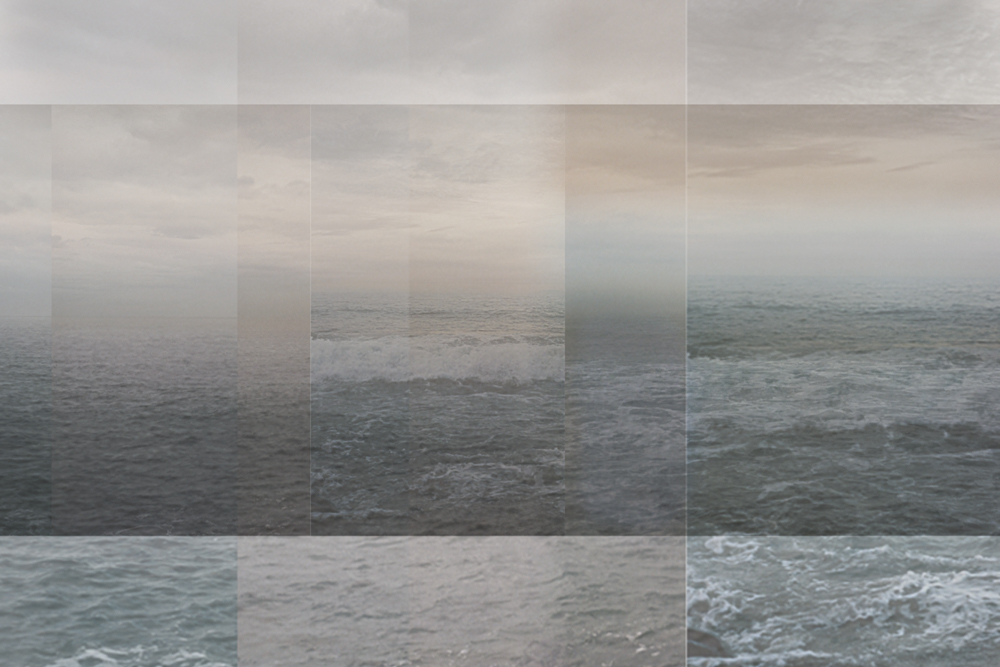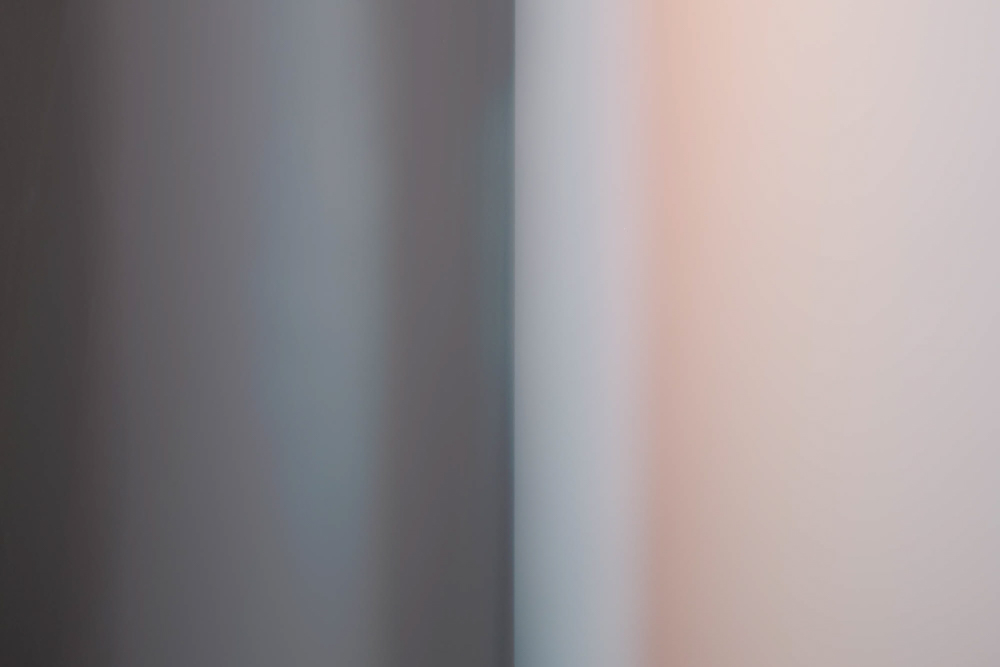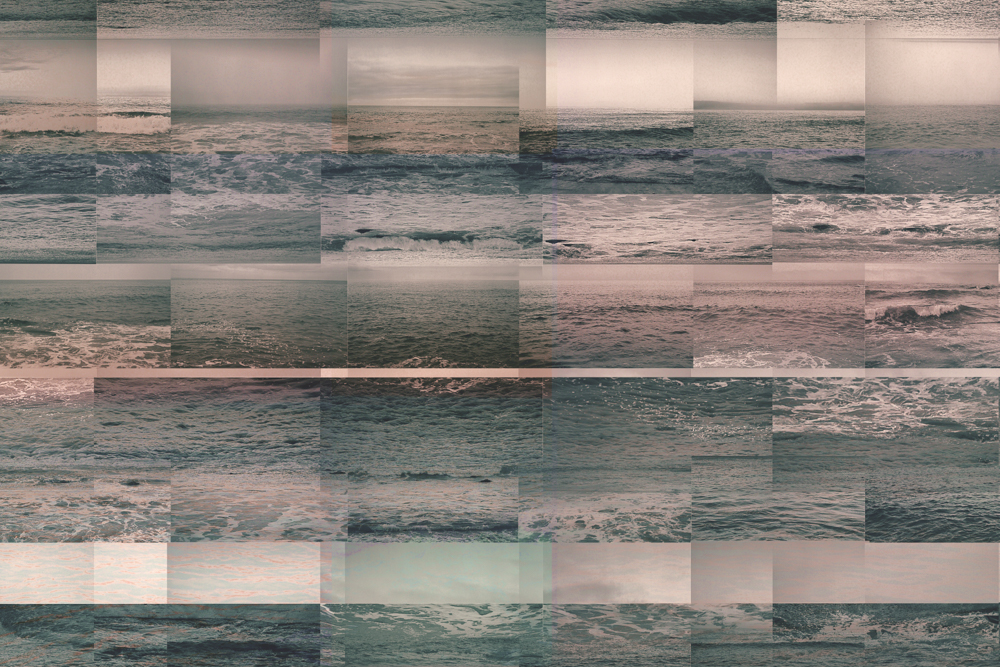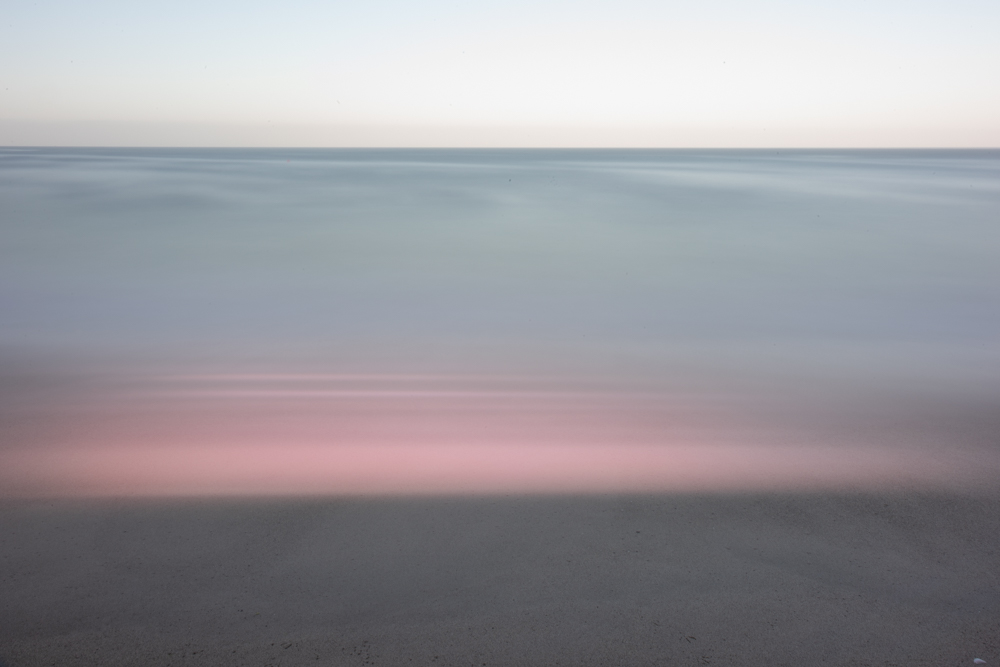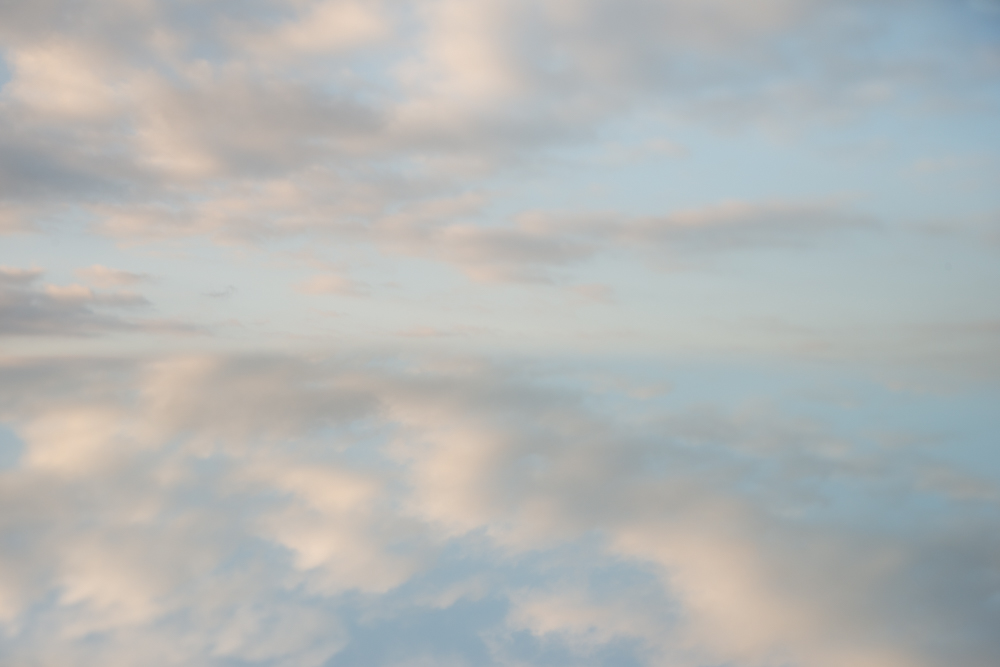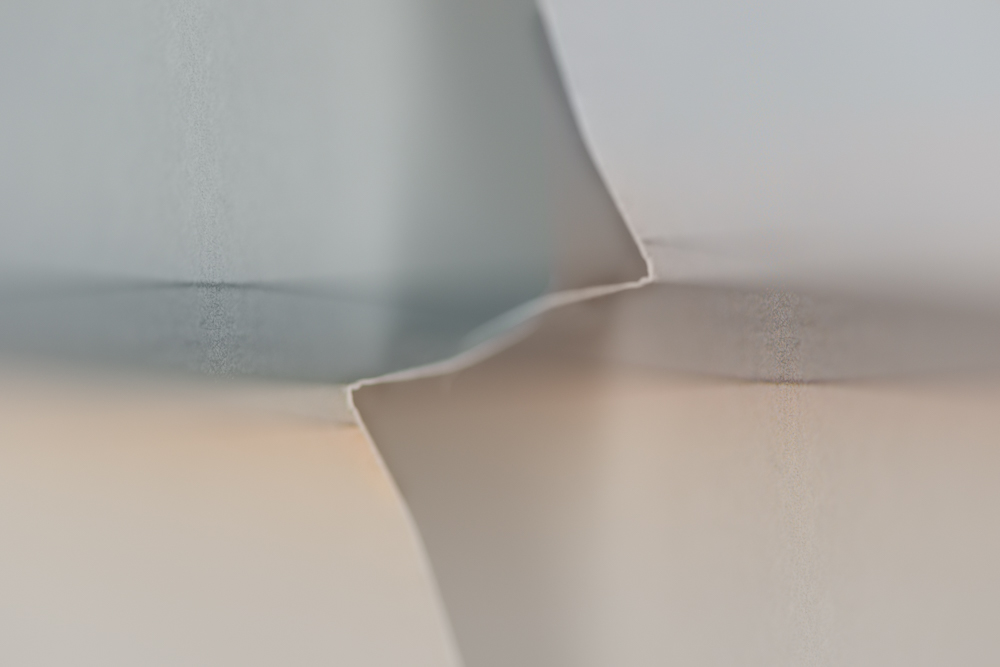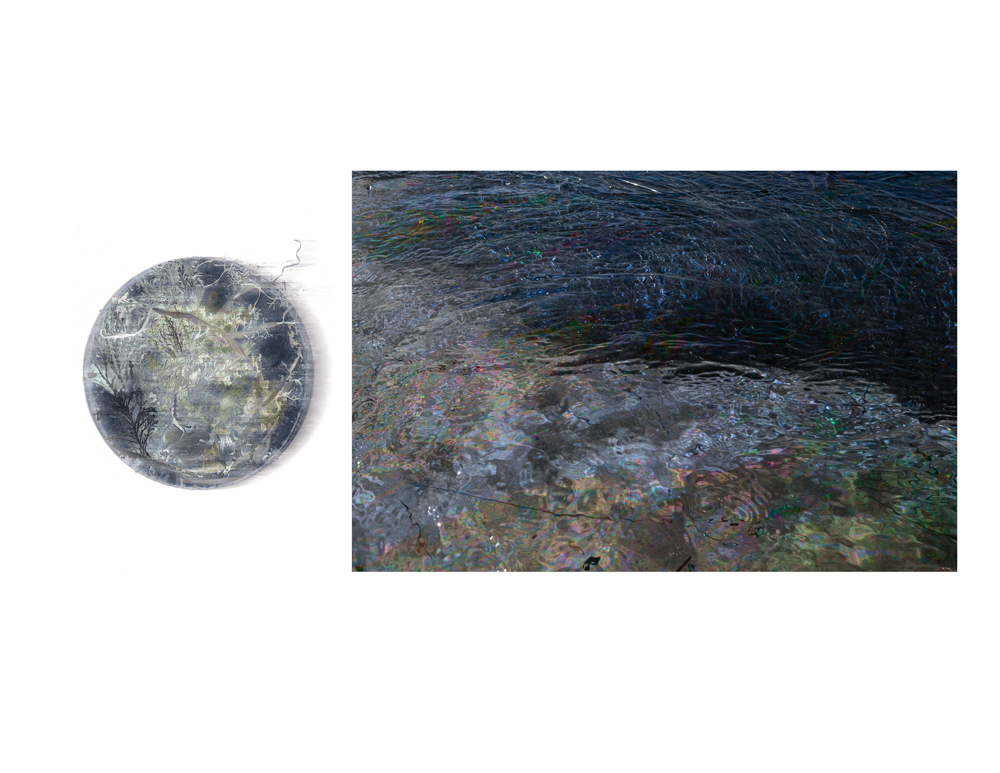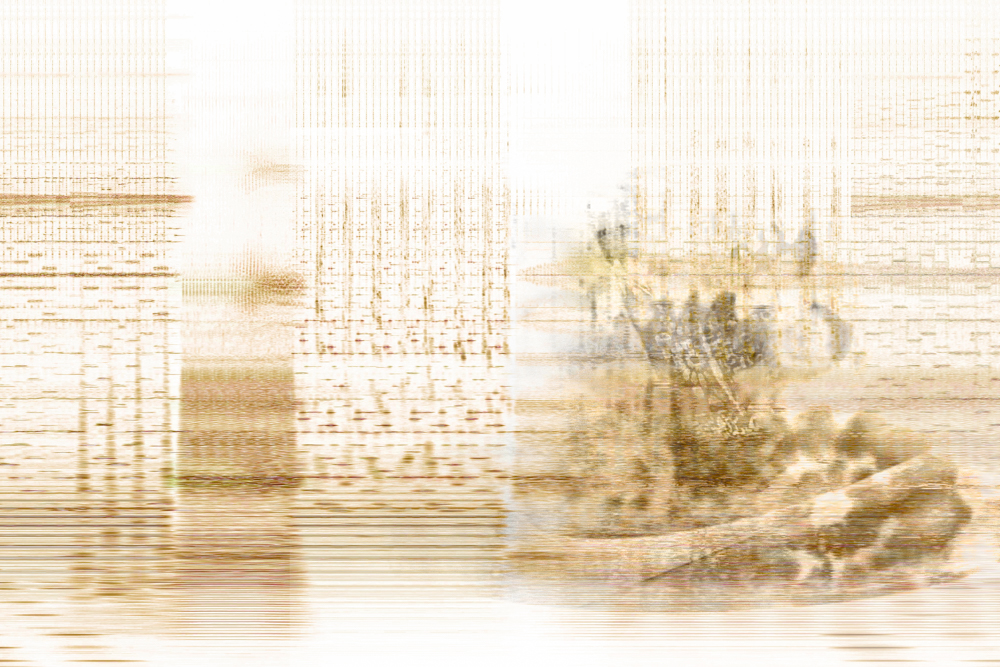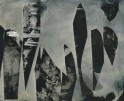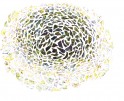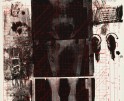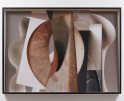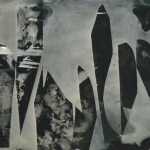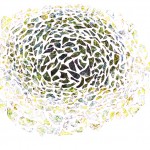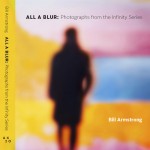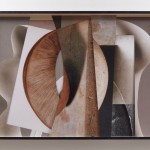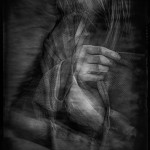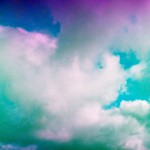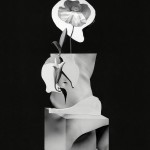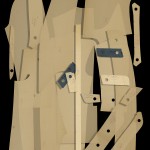Memory is a Verb: Jennifer Pritchard: The Offing
Memory is a Verb: Exploring Time and Transience brings together twelve women photographic artists exploring the liminal space between time and transience. Represented in this body of work are the universal concepts of loss, mortality, and legacy, and the exploration of what inspires us to seek solace, and reexamine our histories; subsequently unearthing discoveries about ourselves, our relationships, and our place in the universe. This week and next we are sharing projects from the exhibition with interviews by the artists. Today we feature the work of Jennifer Pritchard who was interviewed by Susan Lapides. Pritchard’s artist talk on this project can be found on the Los Angeles Center of Photography’s YouTube Channel. Her project, The Offing blurs the line between the internal and external landscape of self-discovery.
Memory, often regarded as fixed or reflective of reality, in this project actively functions as a transformative shape-shifter. The ongoing tension between two seeming opposites – objective fact and subjective perception – together shape a cohesive whole, creating something larger and more nuanced than just the sum of its parts. As new insight illuminates the past, this influences our experience of the present moment; which is itself slipping into the past at the instant we seek to define or quantify it. In this manner, time is elusive, elastic, bending back and over itself; perception comes full circle.
The project Memory is a Verb: Exploring Time and Transience began as the world was besieged with fear and anxiety during a pandemic, longing for a return to normalcy. Feeling a sense of loss, we craved connection to our past and to each other. The pandemic also offered a unique moment in which to interpret things differently. Beyond nostalgia, which selectively employs memory as a self-soothing balm, our exploration reconsidered how we view the past, and what is of purpose and significance, in light of our changed circumstances.
Jennifer Pritchard is a photographic artist and storyteller based in Laguna Beach, California.
Her experience includes years as an innovative, creative fashion executive leading global brands – telling rich and compelling stories to engage and excite consumers. A skilled business leader in delivering results in complex situations and markets, her passion and highly collaborative nature galvanized teams to accomplish their goals.
In 2015, her father’s death inspired her to tell her own stories.
Geographies have played an essential part in her perspective, whether the New England of her birth, Mid-Atlantic upbringing, Southern schooling, or internationally through her roles in Global Brand Leadership. In Pritchard, understanding places and their rich stories engendered a deep appreciation of the unique and the common. A natural curiosity combined with a paradox-filled childhood inspired explorations of life and loss, memory, and dreams across a diverse photographic and literary toolbox.
Pritchard was chosen as an Emerging Artist in 2017 by APA National. Her work has been selected in competition by such notable photographers as Susan Burnstine, Arther Meyerson, Laura Valenti, Christa Dix, Jacob and Alissa Hessler, and Sam Abell. She was chosen for the California Open at Tag Gallery in Los Angeles in 2018 and 2019. Her work is an ongoing part of the collections at On Center Gallery in Provincetown, Massachusetts.
Follow Jennifer Pritchard on Instagram: @jenniferpritchardstudio.com
Follow Memory is a Verb on Instagram: @memory_is_a_verb
The Offing
A life-affirming personal trauma forced me to see differently. In considering my mortality, I began exploring concepts of time and what exists at the haunting boundaries of consciousness just beyond awareness. The resulting work strives to reconcile the paradoxes of inner and outer landscapes using the camera and written word. The images are often oppositional, representational, abstract, and driven by a curious mind seeking to find balance in life, frequently centered on time and loss with the natural world as a counterpoint. Multiple processes and approaches are engaged in the communication of the richness of the journey. The ancillary benefits are the unconscious discoveries of myself and the human condition, blurring the lines between what is seen, what is not, and what is just beyond that is yet to be understood.
Susan Lapides: Tell us about your growing up and what brought you to photography?
Jennifer Pritchard: I was fortunate to be raised in a home that fostered curiosity by two individuals with differing interests. The duality of that experience, along with my parents’ encouragement, is the foundation of my varied interests today. I came to photography indirectly. My husband gave me my first camera, the Olympus Pen – for a combined birthday celebration trip to Paris with my mother. It was a gift that extended well beyond the trip and brought me back to myself in many ways. It confirmed that well-being springs from creativity, and I am grateful for the community and opportunities for growth I received from that first camera.
Susan Lapides: What are themes that you continue to explore?
Jennifer Pritchard: I am fascinated by time and how our individual narratives contain traces of every one of our experiences, the essence of who we were and are, what we have and what we have lost.
Susan Lapides: How did this project come about?
Jennifer Pritchard: The Offing began as a reset in response to the pandemic and my mother’s failing health. February 2021 was the quintessential block of time, 4 perfectly structured seven-day weeks stacked one on top of another. I set out to make a typology by visiting the same cove every morning from 6 am to 7 am with my vintage Rolleiflex camera. It was an auspicious month. There were changes in The Offing. There was news of a vaccine, we began the workshop that would become Memory is a Verb, and there was hope we would soon return to the freedoms we had taken for granted. The exercise was designed to build ritual into days and weeks that had become shapeless and safely reconnect to the natural world and life’s rhythms.
Susan Lapides: How does place affect your work?
Jennifer Pritchard: Geographies are an essential element in my perspective. I have a life rich in the diversity of place, ranging from the New England of my birth, the Brandywine Valley of my childhood, my southern schooling, or the cities that called me in my professional life before my photographic one. Each has provided me a different landscape, a new horizon, and engendered a deep appreciation of the unique and the common. I internalized that what we share as humans is far greater than our differences and always try to stay mindful in spaces to allow that connection.
Susan Lapides: How is the intersection of time and timelessness revealed in your series, the Offing
Jennifer Pritchard: The Offing, which began as a practical exercise, became an examination of the fluidity of time and the places where we find solace. The equanimity of the horizon line had been a part of my life for over 20 years. Timeless, it was there before me and will be so after me. In 2021 though, time conflated from perfect weeks to yesterday, today, and tomorrow. With an uncertain future, it was as though we only had the past and present. I connected to the idea that time was not linear while staring at the horizon before me, thus holding the paradox of time and timelessness.
Do these photographs reflect the solace you find in this one-dimensional line?
There is something primal about standing oceanside- every sense alive with the rhythms of the sea and possibility. Each of my 28 mornings, I smelled the marine layer, heard the waves, felt and tasted the spray vitally awakening senses dormant in the prior year. I think standing seaside is a human need. So yes.
Susan Lapides: You mention in your artist statement that the photographs are on film. How does this influence your process and final product?
Jennifer Pritchard: There is an intentionality to film that requires presence. And as someone who uses multiple tools in making my images, photographing with film involves practice. I look at my cameras as creative tools no different than perhaps a painter looks at brushes. Each has a purpose, and each delivers a unique image. I wanted the richness of Portra, the realism of a well-executed film image for each of the 28 days, and I was not disappointed. When the developed film was before me, and the intention was complete, I marveled at how much the colors and bounty of the natural world changed each day. It is the ebb and flow of life, rolling with the tides, and it was the confirmation my soul was looking for in the daily ritual.
Susan Lapides: I find it interesting how you disrupt and manipulate the eternal line of solace. You turn it on its side, cut it up, tear it up, collage it to be chaotic, all creating a dynamic unsettling quality. Can you elaborate on this dichotomy? What is the more profound truth of what you are saying?
Jennifer Pritchard: It was quite by accident, actually. When the scans were finished and the typology made, I reformatted it, and it glitched into something provocative, forcing me to connect to time as an abstraction. It inspired consideration of time’s non-linear nature. The perfect block of time, which I had set out to capture, didn’t exist. Contextually, we were all experiencing uncertainty and shapeless days and week. If time was an abstraction, it followed that other things, like my equanimous horizon line, were also. In the end, it spoke to me of the indomitability of the human spirit that we can face the loss of everything we held constant and still emerge hopeful.
Susan Lapides: Please elaborate on this statement “what would be, Or so I believed”? And how is that reflected in your photographs?
Jennifer Pritchard: For me, context matters. What I believe at one point can be altered or changed with new information or new experiences. In the case of the Offing, the project started with one singular idea, take a photograph each morning for 28 days from the same spot. Yet, it became so much more. The practice of standing seaside each morning reassured me when facing my mother’s, and by transference, my own mortality. I grew accepting of the ebb and flow of life. I think there is a spiritual nature to some of the long exposures that reassured my belief in something greater than myself. The immeasurable continuance of time contradicts its fleeting nature, not unlike the horizon itself. There. And yet not.
Susan Lapides: What can you tell us about the collective Memory as a Verb?
Jennifer Pritchard: It was a gift to travel the breadth of human experiences with this extraordinary group of women. It was so random and yet so affirming. We met at the intersection of hardship and artistry and were able to channel that into something beautiful with the guiding hand of Aline Smithson. I am devoted to these women and expect to continue fostering new projects, supporting one another as a collective and individual artists. They were a lifeline at a time when there weren’t many, and I cannot begin to express my gratitude for the experience.
Susan Lapides: Who or what is inspiring you at the moment?
Jennifer Pritchard: It is another February, so I have been spending each day in my cove walking the strandline inspired by Paul Kenney’s Seaworks. Last year I came to stare at the horizon, the vastness, only to realize my small place in the world. In response, this year, I am sifting through the detritus at the high tide line, the smallest, most minute pieces of the undersea world. I am also intrigued by integrating sound and image in a project called Reverberations.
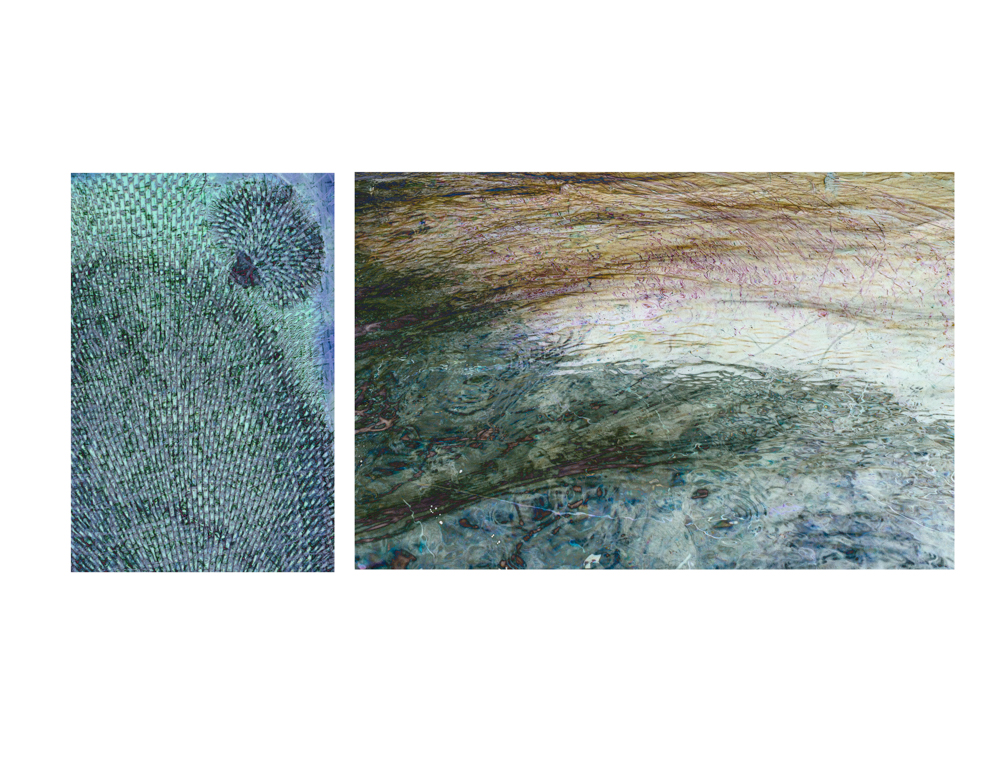 Susan Lapides: What is next for you?
Susan Lapides: What is next for you?
Jennifer Pritchard: Reverberations is a new project that began in late 2021. It explores the core themes in my workaround time, nostalgia, and loss. Over the last year of my mother’s life, I recorded her stories as she shared them with me. I am pairing archival images and audio recordings of her voice with portraits I made of her artifacts. I am mining her legacy in response to the emptiness left in her passing.
Posts on Lenscratch may not be reproduced without the permission of the Lenscratch staff and the photographer.
Recommended
-
Photography Educator: Erin Ryan StellingJanuary 9th, 2026
-
The Female Gaze: Alysia Macaulay – Forms Uniquely Her OwnDecember 17th, 2025
-
Bill Armstrong: All A Blur: Photographs from the Infinity SeriesNovember 17th, 2025
-
Robert Rauschenberg at Gemini G.E.LOctober 18th, 2025
-
Erin Shirreff: Permanent DraftsAugust 24th, 2025

